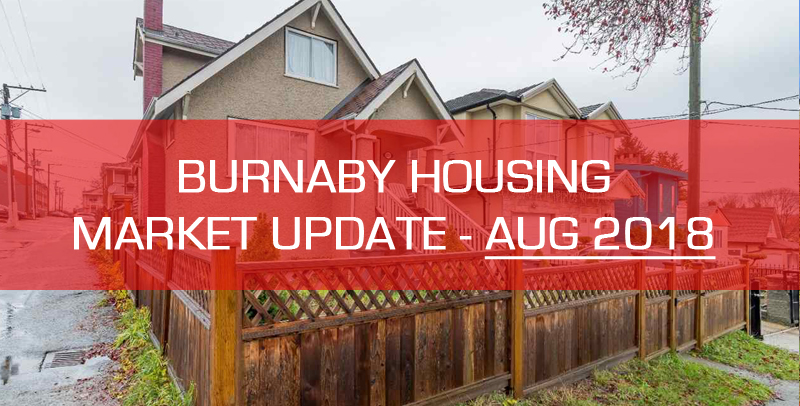Royal LePage’s latest market forecast paints a vivid picture of Canada’s real estate landscape, predicting a significant 9% year-over-year increase in home prices by the fourth quarter of 2024. This upward revision stems from a robust first quarter, with strong price appreciation expected through the second and third quarters before tapering off towards year-end, aligning with seasonal trends.
The forecast highlights notable upgrades in major markets, particularly the Greater Toronto Area (GTA), where prices are anticipated to surge by 10%, surpassing the national average. Montreal follows closely behind with an 8.5% projected increase, while Calgary, Quebec City, and Greater Vancouver are forecasted to experience respective jumps of 8%, 8%, and 5.5%.
Royal LePage President Phil Soper attributes the current modest price rises to consumers, particularly first-time buyers, adapting to higher borrowing costs. However, he anticipates a steeper appreciation curve once the central bank enacts anticipated rate cuts, drawing in rate-focused buyers.
While easing rates will influence price upticks, the fundamental driver remains the severe housing shortage across the country. Soper warns of an intensifying seller’s market, foretelling a busy spring and fall for Canadian buyers and sellers alike.
Looking ahead, Royal LePage’s forecast suggests that by the end of 2026, the majority of mortgages will have transitioned into an elevated borrowing rate environment. Yet, this is not expected to significantly dampen the housing market’s resilience. Soper points to Canadians meeting their mortgage obligations amid record-low default rates and income growth offsetting increased mortgage costs. However, he anticipates a pullback in discretionary spending as individuals prioritize maintaining homeownership.
In summary, Royal LePage’s forecast outlines a dynamic Canadian housing market characterized by soaring prices, driven by a combination of factors including adapting consumer behavior, impending rate cuts, and the persistent housing shortage. Despite looming challenges, the market remains robust, with buyers and sellers navigating towards a seller-centric environment amidst projections of continued price appreciation.

